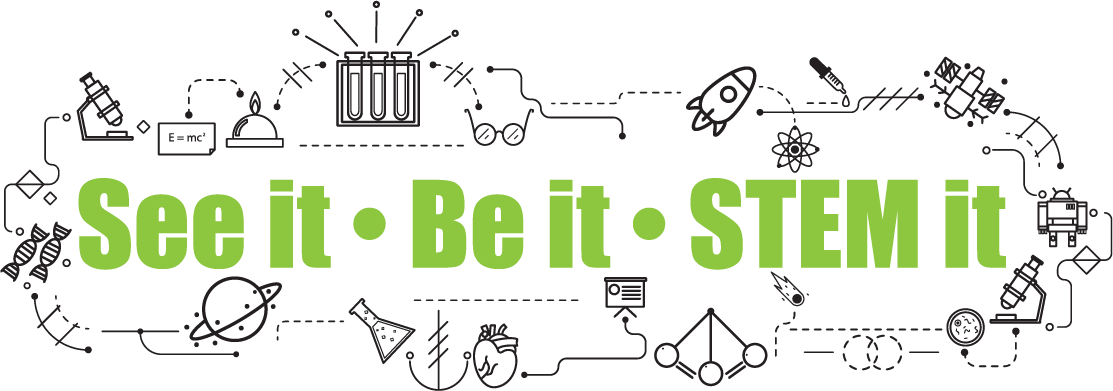Meet Jill Stobart
Dr. Stobart discusses microscope images of brain blood vessels.
Jill is currently working as a Assistant Professor at the University of Manitoba. She graduated with a PhD in Pharmacology at the University of Manitoba, 2012 and Honours Bachelor of Science in Biochemistry, 2006.
In her free time she enjoys gardening and travelling.
A fun fact about her and her role: “I use fancy microscopes in my research which allow us to observe live brain cells in action as they communicate with each other. This technology is on the forefront of neuroscience and something else that I find really exciting. These microscopes can be purchased from a company, but I have learned to build my own which allows us to make changes and improvements as the technology grows. It means that I get to play with lasers, optics, and physics in my job as well.”
When did your love of STEM begin?
My favourite subject in high school was biology, and when I had the opportunity to work on a research project for a science fair, I became interested in a career as a scientist. I decided to do a Bachelor's of Science in Biochemistry because I loved biology, but I got better marks in chemistry. My love of STEM truly began when I had my first co-op work experience in a research lab at the end of my second year of University. The co-op program through the Faculty of Science allowed me to work in 3 different research labs on various projects and I discovered that I loved neuroscience, which became my focus for my PhD degree and research in my own lab.
What is the best part about working in the field of STEM?
There are so many things that I love about STEM that it is hard to pick one. I get really excited about designing experiments. It is partly about curiosity; I am often asking questions like "How does the brain do this process? and Why does it change in disease?" It is fun to think about a problem (or gap in our knowledge) and come up with ways to answer these questions with specific experiments.
It is a good thing that I like to design experiments because a good portion of my job as a principal investigator is to write research grant proposals to fund our work. These proposals must clearly explain the questions we aim to address, outline the experiments we plan, but also make it clear why it is important for us to answer these questions.
What advice would you give young women interested in a career in STEM?
If you are interested in STEM, then I would recommend you get involved in your area of interest as soon as possible and to try different things in the field. There are many opportunities for internships or volunteer work in STEM to gain experience. When I first started University, I was convinced that I wanted to be a biochemist, but through my co-op work experiences, I discovered that I love neuroscience and research on neurodegenerative disorders.


